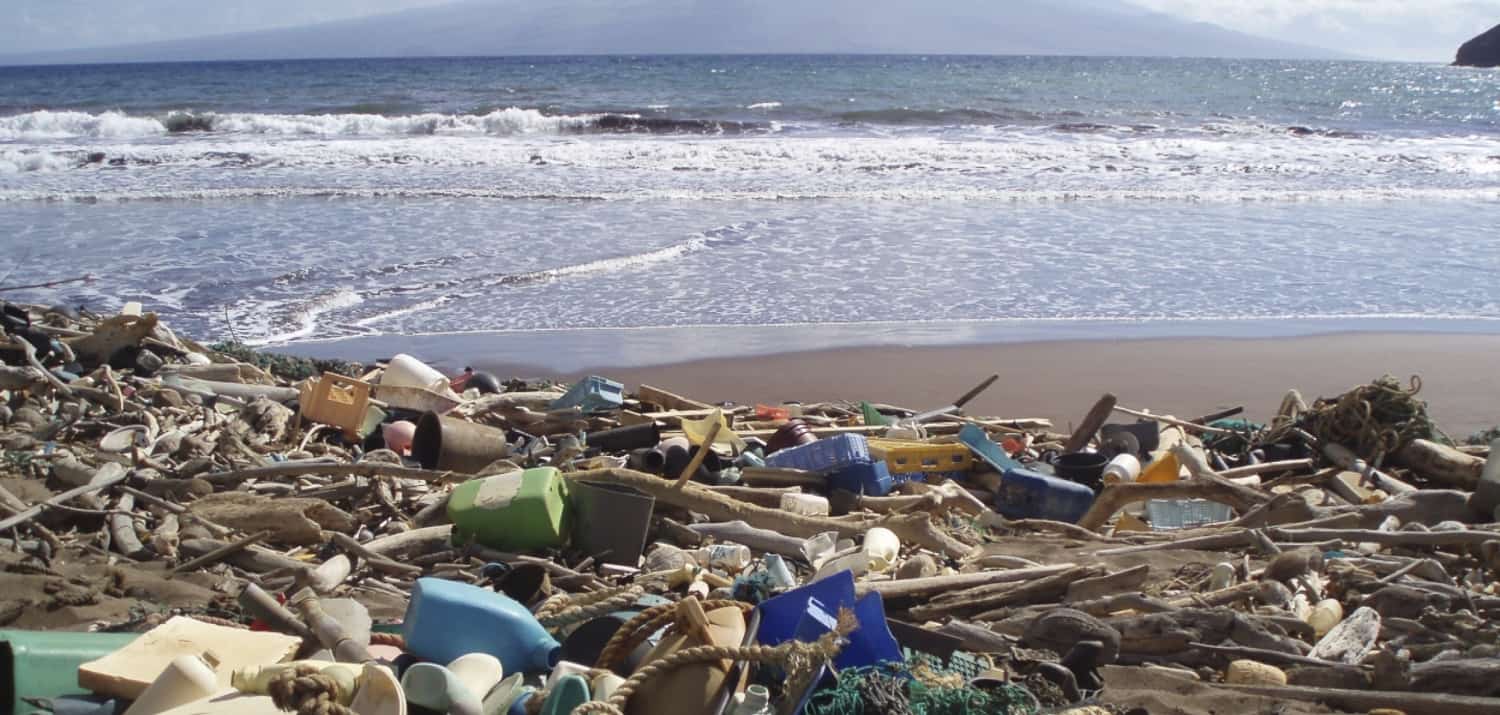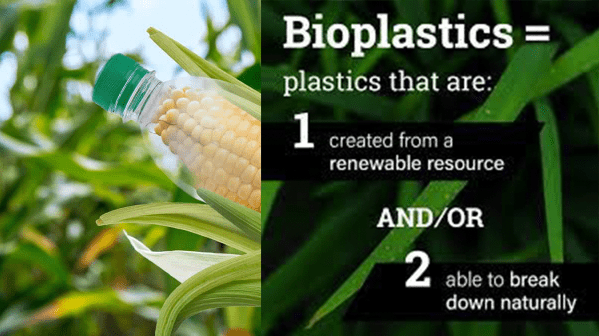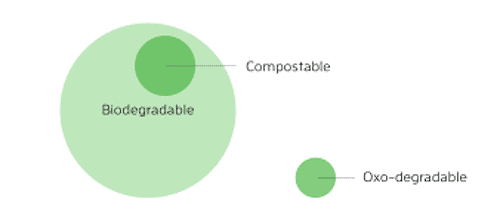Driven by public pressure, governments and corporations are considering eliminating or phasing out single-use plastics such as straws. Stanford experts discuss the limitations of these bans and the potential for meaningful change.
Shuddering and unable to breathe, he vomited up five plastic bags. The small pilot whale, found in a Thai canal this past June, is another symptom of a crisis in the world’s oceans. Plastic waste, mostly broken down into tiny particles, floats in huge blobs amid ocean current patterns called gyres that together cover as much as 40 percent of Earth’s ocean surface. Growing public concern has inspired movements to ban single-use plastics, most notably straws. In California, a bill to ban straws unless requested at dine-in restaurants is awaiting a signature from the governor. Other states such as Hawaii, cities such as Seattle and New York, and corporations such as Amazon and Starbucks are also considering or have initiated plastic phase-out plans.
Stanford Report spoke with Jim Leape, co-director of the Stanford Center for Ocean Solutions, and Craig Criddle, a professor of civil and environmental engineering, about the path to reducing ocean plastic pollution. Leape has long been a leader in ocean conservation efforts. Criddle has evaluated use of microorganisms to biodegrade plastic materials and to synthesize biodegradable bioplastics from waste feedstocks.
Read more: Link




Pura Vida Bioplastics = Real Certificates USDA BIO-BASED, TUV, BNQ, GREEN AMERICA Home Compostable – Breaks down 3-4 months without Chemicals
Get a Quote